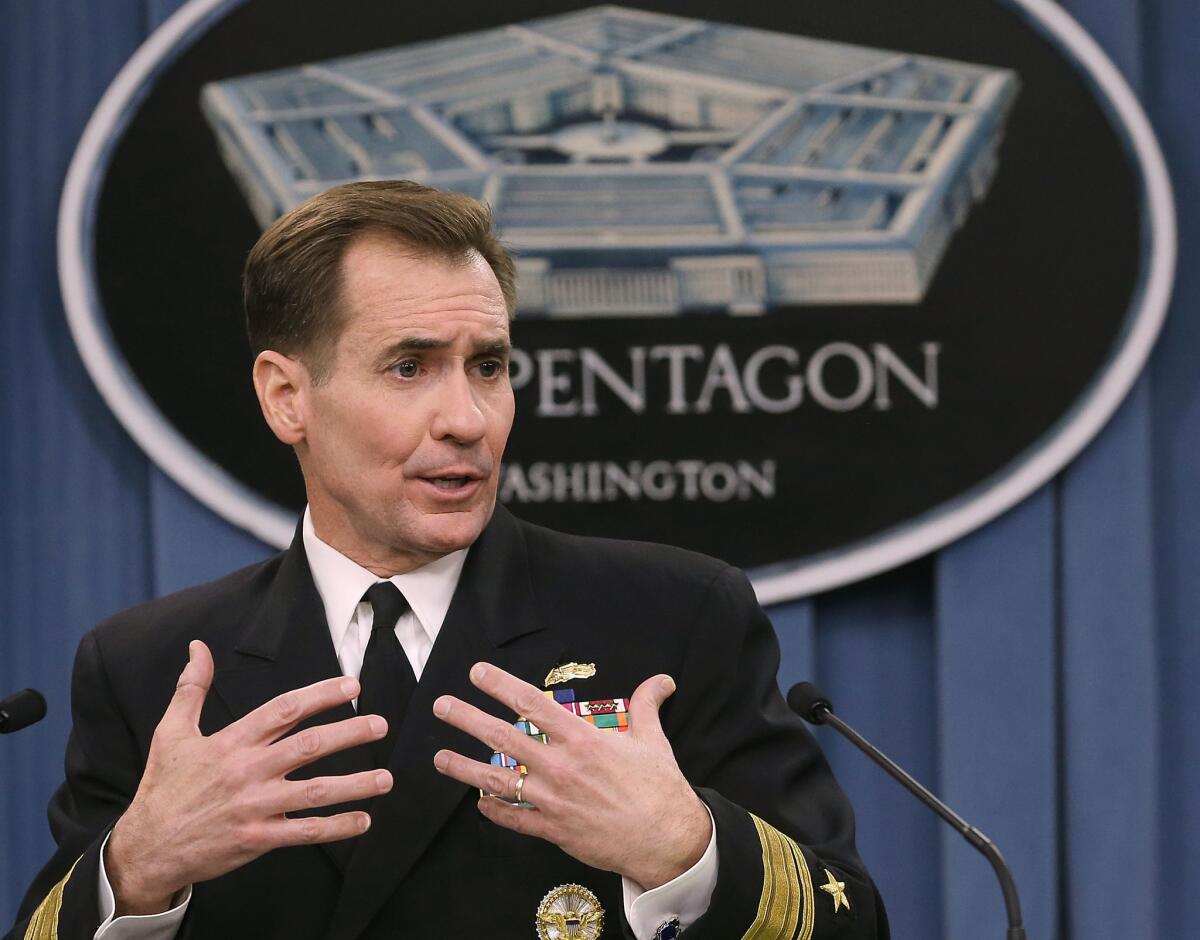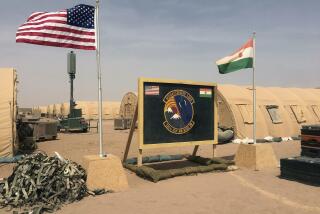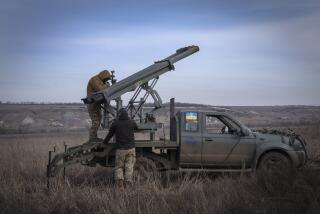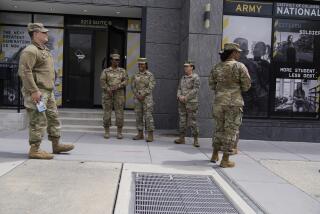Pentagon could send more than 1,000 troops to train fighters for Syria

After months of delay, the Pentagon announced plans Friday to send several hundred U.S. troops to help train and equip Syrian rebel fighters to battle Islamic State militants.
Pentagon spokesman Rear Adm. John Kirby said more than 1,000 U.S. trainers and security personnel may be sent to training sites in Turkey, Qatar and Saudi Arabia over the next four to six weeks.
Pentagon officials aim to train and equip so-called moderate Syrian rebels as a proxy force to confront the extremist Islamic State forces who now control about a third of Syria amid the country’s almost 4-year-old civil war.
The U.S. plan calls for sending 5,400 rebel fighters into Syria within a year, and 16,200 over the next three years, officials said.
The Pentagon has not begun vetting potential recruits to ensure they have no ties to Islamic extremists, Kirby said. He said the military is relying on other U.S. agencies for intelligence on potential fighters.
The CIA runs a separate training operation for Syrian insurgents in Jordan.
“Stitching together a network of information takes a little time, and you want to be careful,” Kirby said. “It’s more important ... that we get this right rather than get it fast. There are significant risks if you get it wrong.”
Rebel training is already set to occur in Saudi Arabia, where the fighters will be provided with light arms and undergo eight weeks of training on infantry tactics, calling in mortar fire, using radios and other skills.
The fighters will be given light arms and train for eight weeks on infantry tactics, calling in mortar fire, using radios and other skills.
The training will begin as early as March, and take the fighters several months to finish. It is likely to take years to field a force capable of conducting an offensive against the heavily armed and well-funded Islamic State fighters.
Maj. Gen. Michael K. Nagata, who heads the fledgling program, and U.S. Special Envoy for Syria Daniel Rubinstein met this week with Syrian opposition and civil society leaders in Istanbul, Turkey, to discuss the plan.
Congress appropriated $500 million for the training program in October, but it has proved to be the least-developed aspect of the Obama administration’s effort to degrade and defeat Islamic State.
A multinational coalition led by the U.S. began bombing Islamic State positions and convoys in Iraq in August, and in Syria in September. They have flown more than 1,500 missions.
The Pentagon also has deployed several thousand U.S. military advisors and other personnel in Iraq to assist government and Kurdish forces. A related campaign seeks to choke off financing for the militants from oil sales and other sources.
Follow @wjhenn for military and defense info.
More to Read
Start your day right
Sign up for Essential California for news, features and recommendations from the L.A. Times and beyond in your inbox six days a week.
You may occasionally receive promotional content from the Los Angeles Times.







